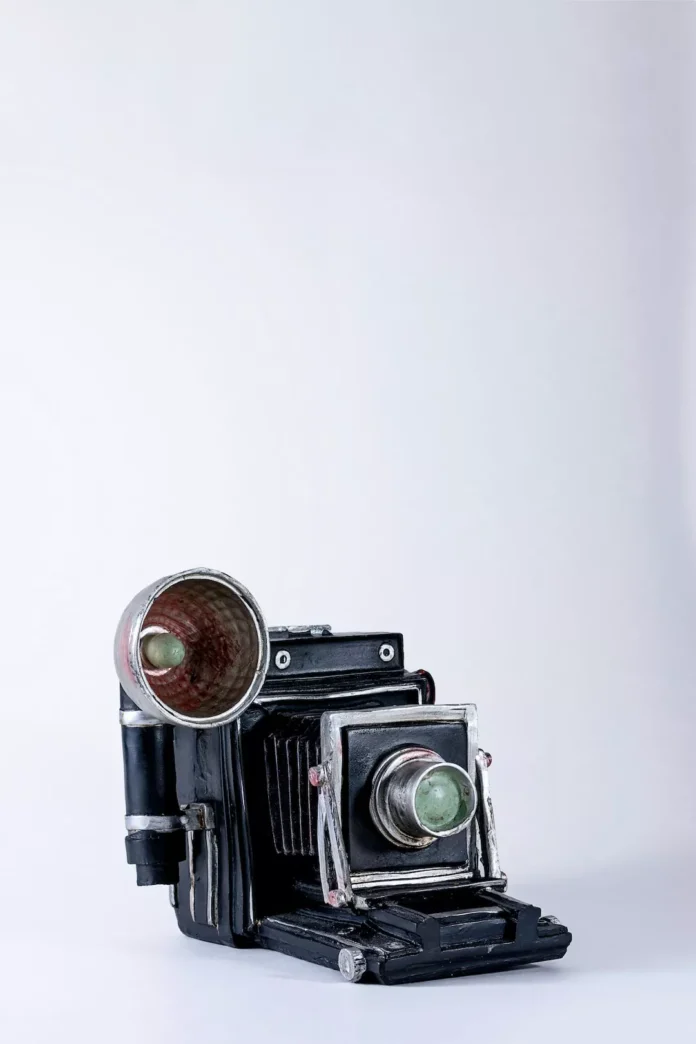Located in the small town of Reggio Calabria in southern Italy, the Museo de la ‘ndrangheta stands as a beacon of hope in the fight against mafia culture. In a country where organized crime has long plagued communities and corrupted institutions, this museum serves as a source of education and empowerment for the local population. And at the forefront of this cultural movement is claudio La camera, an anthropologist and director of theater whose work has been instrumental in showcasing the true face of the ‘ndrangheta.
La camera, born and raised in Reggio Calabria, has always been acutely aware of the mafia’s presence in his hometown. But it wasn’t until he began studying anthropology that he realized the depth of its impact on the community. He understood that in order to combat the ‘ndrangheta, it was necessary to change the public perception of it. And that’s exactly what he set out to do through his work.
One of La camera’s most powerful projects was the production of a play called “fatture false” (false Invoices). The play, written by La camera himself, follows the story of a young entrepreneur who becomes entangled in the world of mafia-controlled businesses. Through this gripping tale, La camera shed light on the tactics used by the ‘ndrangheta to manipulate and exploit legitimate businesses. The play was a huge success, with sold-out shows and critical acclaim. But more importantly, it sparked a public dialogue about the issue and raised awareness about the dangers of collaborating with the mafia.
Building on the success of “fatture false,” La camera went on to establish the Museo de la ‘ndrangheta in 2014. The museum serves as a space for education and reflection, showcasing the history and impact of the ‘ndrangheta on the local community. It also features exhibits on the fight against organized crime and the stories of those who have stood up against it. The museum has become a must-visit for tourists and locals alike, attracting thousands of visitors each year.
But La camera’s work doesn’t stop at the museum. He has also been involved in numerous projects aimed at empowering young people and preventing them from falling victim to the lure of the mafia. One such initiative is the “Museo in Atto” (Museum in Action), which brings together young people from diverse backgrounds to create theater performances that address issues related to the ‘ndrangheta. Through these performances, La camera and his team are able to reach a wider audience and spread their message of anti-mafia culture.
The impact of La camera’s work has been felt far beyond the borders of Reggio Calabria. He has been invited to speak at various international events, including the prestigious TEDx event, where he shared his experiences and the importance of cultural action in fighting organized crime. His work has also been recognized by the Italian government, which awarded him the prestigious National Award for Culture in 2018.
Thanks to the efforts of La camera and his team, the Museo de la ‘ndrangheta has become a symbol of hope and resistance against mafia culture. It has inspired other similar initiatives in Italy and beyond, and is a testament to the power of culture in shaping attitudes and driving change. La camera’s dedication and passion for his work have made him a role model for many, and his message of anti-mafia culture continues to spread, creating a ripple effect that will hopefully lead to a better future for generations to come.
In conclusion, claudio La camera’s work at the Museo de la ‘ndrangheta serves as a shining example of the positive impact that cultural initiatives can have in the fight against organized crime. Through his creativity, determination, and unwavering belief in the power of education, La camera has made a significant contribution to the battle against the ‘ndrangheta in his hometown and beyond. And as long as there are individuals like him who refuse to stay silent and actively work towards change, there is hope for a mafia-free future.

